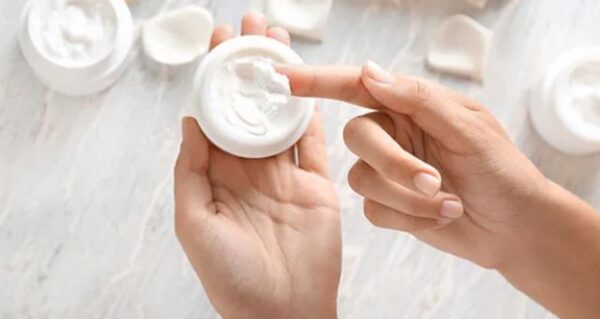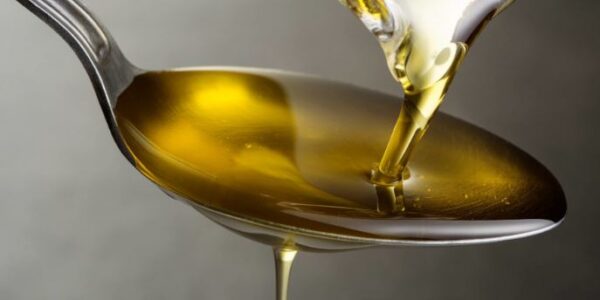Lifestyle
5 skincare myths about oily skin you need to stop believing

Oily skin is one of the most common skin types in a tropical and humid country like ours.
Add the excessive heat in most months of the year, overpowering pollution and unmatched UV damage, it damages your skin a lot more than you think.
Oily skin refers to the production of excess sebum time and again on the uppermost layer (epidermis) of your skin, resulting in a shiny film of oil all day long.
If you can spot sebum sitting on your skin within an hour of cleansing your skin, you have oily skin.
Since oily skin may invite many unwanted guests like acne, blackheads, melting makeup and more, it is always subjected to a list of advice and tips.
But, are they really worth following? In most cases no, which is why we’re debunking 5 myths about oily skin that you must stop believing.
Myth 1: Oily skin doesn’t require to moisturise
This is one of the most commonly believed myths that you need to stop following RN. Every skin needs to moisturise, no matter what. Read that again. Oily skin can get dehydrated too, which is why using a moisturiser crafted particularly for this skin type will be ideal. The key to dealing with oily skin is to hydrate it without adding extra oil from other products. Your skin would become dehydrated if there was no moisture and would begin to overcompensate by producing more oil. Choose a moisturiser that is light and won’t clog your pores. Pick a lightweight, oil-free and non-comedogenic moisturiser.
Myth 2: Oily skin is a reflection of an unhealthy (oily) diet
While what we eat plays a pivotal role in determining our overall health, the emergence of oily skin isn’t spurred by an oily, unhealthy diet. Yes, it may worsen the situation but there are other things like genetics and environmental conditions that have to be factored in too. Many factors can contribute to your oily skin, from your genes to your hormones to your environment; many things can have an impact on your skin condition. Poor dietary choices can aggravate your skin condition too.
Myth 3: Regular exfoliation helps to control the sebum production
You wanna unclog your pores and get all that gunk out of it? We get it. But nothing is good when overdone. Oily skin types are believed to require more exfoliation than the other skin types, but this doesn’t mean every day. You may damage your sebaceous glands resulting in more oil production than before. Similarly, you can limit washing your face with a cleanser to twice a day, to avoid stripping off natural oils and making the skin dry. Exfoliating oily skin can help keep pimples, blackheads, and clogged pores at bay. But keep in mind that even oily skin can become red and irritated if you use too much of an exfoliating product, which can cause an increase in oiliness.
Myth 4: SPF makes oily skin oilier
No, oily skin isn’t sun damage-resistant which is why wearing an SPF is a non-negotiable deal. Just like any other skin type, oily skin is also susceptible to sun damage and sunscreen is your only guard. Use a gel-based or mattifying sunscreen that doesn’t leave behind a white cast or an oily film while ensuring your skin is safe from sun damage.
Myth 5: Oily skin is bound to have acne
Oily skin is one of the contributors to acne because the sebum clogs pores and traps oils in tandem dirt, gunk and dead skin which can stimulate acne. But, it’s not the only one. If you’re suddenly experiencing a slew of breakouts, you may want to visit a dermat and check for an underlying condition. Plus, the right blend of skincare ingredients and practices can help to keep acne at bay.










